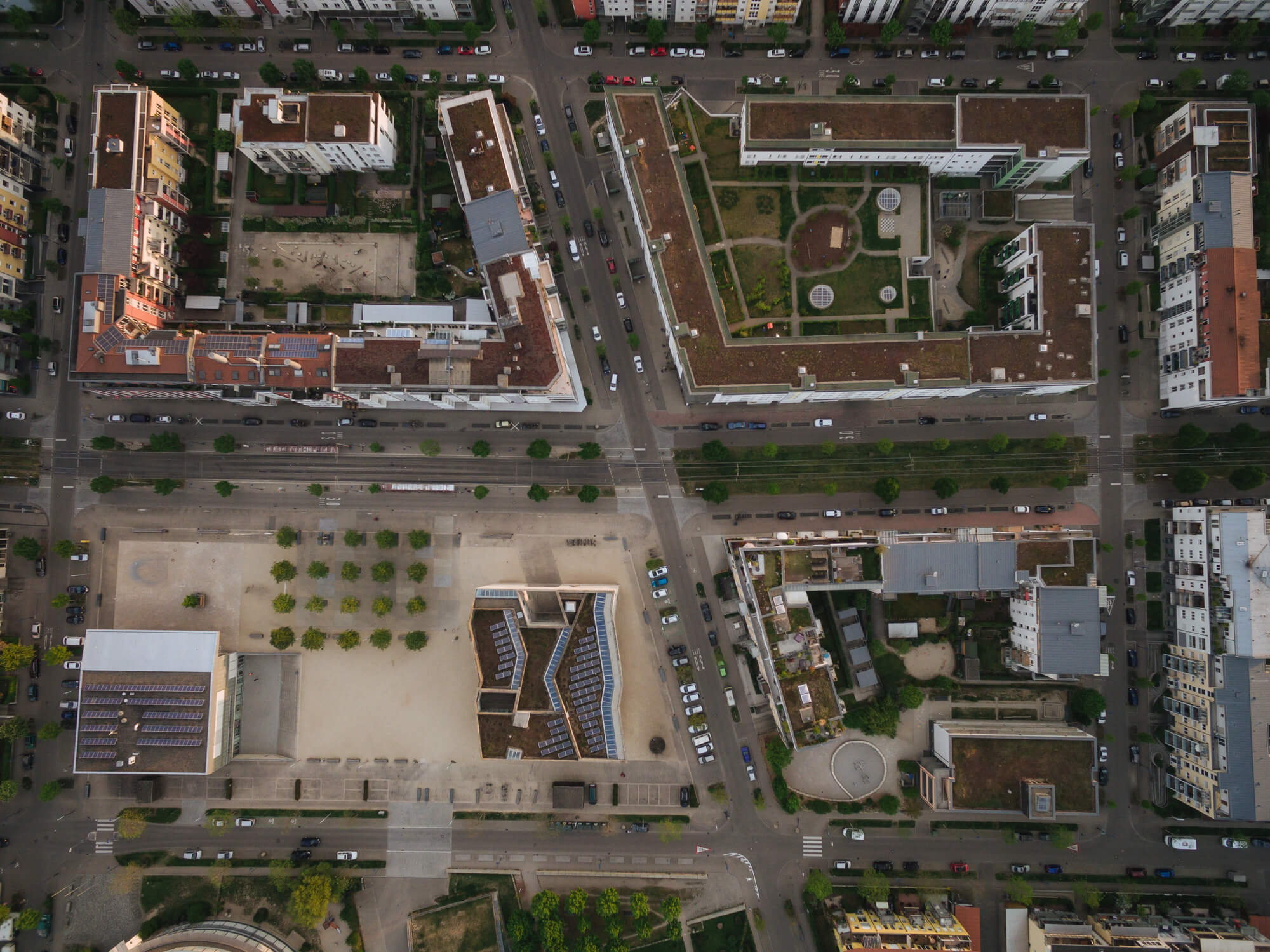A review of lawdrafts registered from October 16 to October 29.
Over the past two weeks, 45 new bills and 22 draft resolutions were registered in Parliament. The government initiated 9 of these bills, while people’s deputies authored the rest. We have selected the most important ones for you.
Several laws are aimed at controlling the income and financial transactions of Ukrainians.
Firstly, MPs have once again focused on bringing unreported and unofficial income of citizens into the light and subjecting it to taxation. Last year, lawmakers registered a bill on the joint declaration of household incomes for those engaged in family businesses or receiving state subsidies. This time (bill No. 10166), the focus is on types of activities that are often provided without official registration (such as caregiving services, taxi services, repair work, event planning, massage, hairdressing services, caregiving for the sick, cleaning, etc.). For those engaged in such activities without registered individual entrepreneurship, a special tax regime is proposed, which includes a tax rate of 6% on income up to UAH 1 million per year (153 minimum wages, which amount to UAH 6,700 in 2023) and 18% on income above this amount. To simplify administrative burdens and automate tax deductions, Ukrainians who choose this form of doing business will need to have all their accounts in one bank and use cash registers or software cash registers (smartphone apps). At the time of receipt of funds, the tax amount (6% or 18%) will be blocked and deducted from the account at the end of the reporting period (quarter).
Digital platform operators, which are electronic services through which Ukrainians sell goods or services (such as OLX, Prom.Ua, Shafa, Kabanchik, and taxi services), will be required to provide tax authorities with information about the income of users under the special tax regime. This information will be included in the register of tax-paying individuals.
Secondly, changes are in store for recipients of charitable assistance. Bill No. 10153 stipulates that charitable and humanitarian aid will not be considered family income when calculating state social assistance.
Another bill (No. 10154) regarding charitable assistance concerns charitable foundations and organizations. The state will create an online service with voluntary registration for them. The administration of this service will be handled by the All-Ukrainian State Charitable Foundation, which is also proposed to be established by this bill. It is planned that special-status bank accounts can be opened for receiving and using charitable contributions through this online platform.
Lawmakers have also decided to protect the money of Ukrainians from scammers. Bill No. 10190 is aimed at combating so-called «call centers». It proposes amending the Criminal Code with a new article on electronic communication fraud. These additions include the unauthorized use of personal data and information containing banking secrets. Most often, this involves calls from pseudo-banks demanding that individuals provide banking information or payment card details to steal money from them. For such violations, the offender may face imprisonment for a term ranging from 3 to 15 years. If a participant in the fraudulent scheme voluntarily informs law enforcement agencies about it and assists in its disclosure, they will be exempt from criminal liability.
Another bill aims to reduce the influence of the aggressor country. Namely, Bill No. 10159 proposes prohibiting individuals who held leadership positions in the Communist Party or served or received training in the KGB, Soviet intelligence, or security services, as well as those who served in the USSR security services, FSB, or Russian intelligence, during Soviet times from holding key positions in the security and defense sector (such as the Ministry of Defense, Ministry of Internal Affairs, Security Service of Ukraine, State Guard, Border Guard Service, etc.), military administrations, the National Security and Defense Council, the positions of Prime Minister, and Minister for Foreign Affairs.
In June of this year, a significant challenge for Ukraine was the blowing up of the Kakhovka Hydroelectric Power Station and the loss of the Kakhovka Reservoir. At that time, there were various concerns about the future of the lands from which the water receded, including fears of pollution, desertification, the spread of invasive plants, and more. Recent research by Teksty has shown that the flora on the liberated lands is recovering. However, to prevent these areas from becoming a playground for human experiments or nefarious land use («black archaeology»), the government initiated a draft law that imposes a 15-year moratorium on changing the purpose or property rights of the lands from which the water has receded. The bill prohibits using these territories for purposes other than restoring the Kakhovka Reservoir and implementing measures to protect these lands. An alternative draft law (No. 10135-1) additionally allows for the creation of objects of national importance for the natural reserve fund on these lands.
The last government bill in the overview, but no less important, is Bill No. 10177, concerning changes in higher education. According to this bill, starting from the next academic year (2023/2024), enrollment for bachelor’s and master’s programs in distance education and evening classes will be discontinued. As will enrollment for obtaining the educational degree of a junior bachelor (this is also covered by Bill No. 10092, registered by MPs at the end of September). If the bill is adopted, colleges and technical schools will no longer enroll junior bachelors, as stipulated in the Law of Ukraine on Vocational Education.
The bill proposes to make other forms of education more flexible instead. It aims to increase opportunities for higher education recipients to study on an individual plan. Specifically, it allows for the creation of interdisciplinary programs at the bachelor’s level (previously, they could only be created at the master’s level), which are educational programs that combine elements from different fields of knowledge or disciplines. It also aims to increase students’ options for choosing the form and duration of their education, as well as the complexity of educational components. Additionally, one year after the cancellation of martial law in Ukraine, the bill proposes to cease the state recognition of documents related to higher spiritual education, academic degrees, and academic titles of individuals who obtained their education before September 1, 2018, from institutions of higher spiritual education that did not have a license for educational activities during the recipient’s study period. Such education will be considered equivalent to informal training.
Attention
The author doesn`t work for, consult to, own shares in or receive funding from any company or organization that would benefit from this article, and have no relevant affiliations



